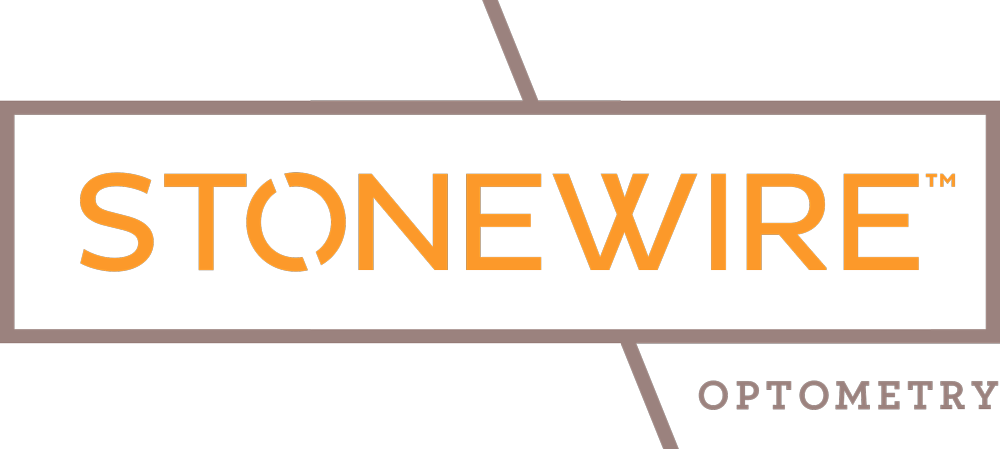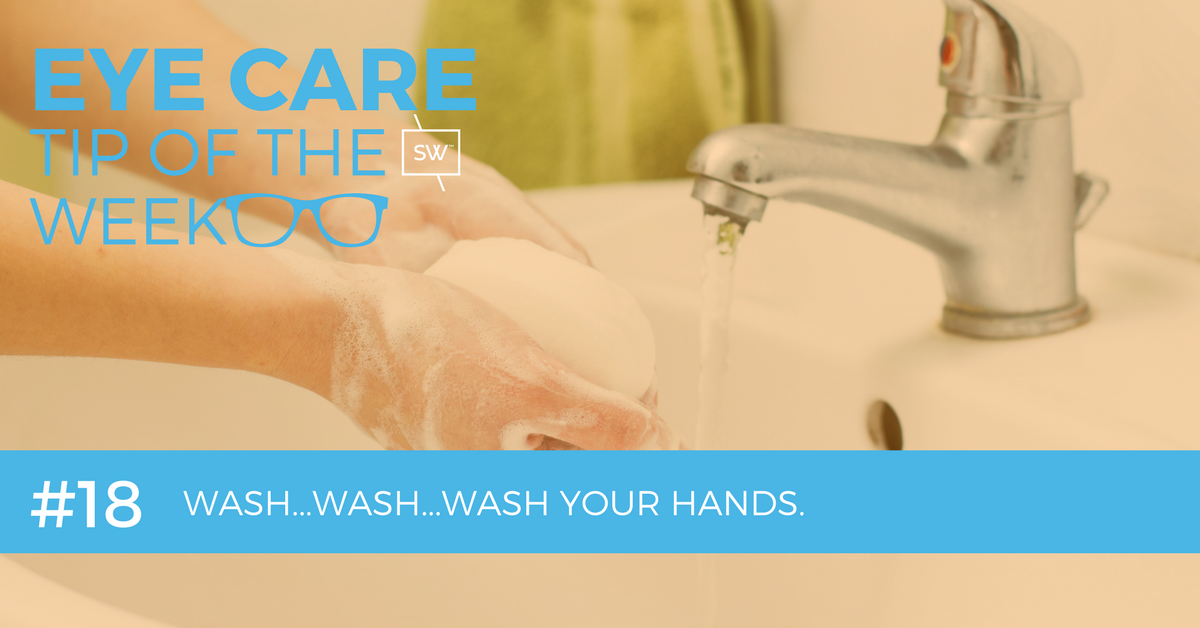Eye Care Tip #26 | Nearsighted Parents Are More Likely To Have Nearsighted Children
/Did you know that nearsightedness, or myopia, can be hereditary? Recent studies have found that if one or both parents are nearsighted, their children are more likely to develop myopia.
While genetics play a role in myopia, environmental factors can also contribute to its development. For example, spending too much time indoors and engaging in activities that require close-up vision, such as reading and using electronic devices, can increase the risk of developing myopia.
At Stonewire Optometry, we recommend that parents with myopia bring their children in for regular eye exams starting by age 1. Early detection and management of myopia can help slow the progression and ensure the best possible vision health for your child.
Our team of experienced optometrists are dedicated to providing you and your family with the highest quality eye care. We offer a variety of treatments and interventions to manage myopia and protect your child's vision. Book an appointment with us today, and let us help you and your family achieve the best possible vision health.
This Eye Care Tip of the Week is brought to you by the eye doctors and staff at Edmonton’s Stonewire Optometry in Kingsway Mall.












